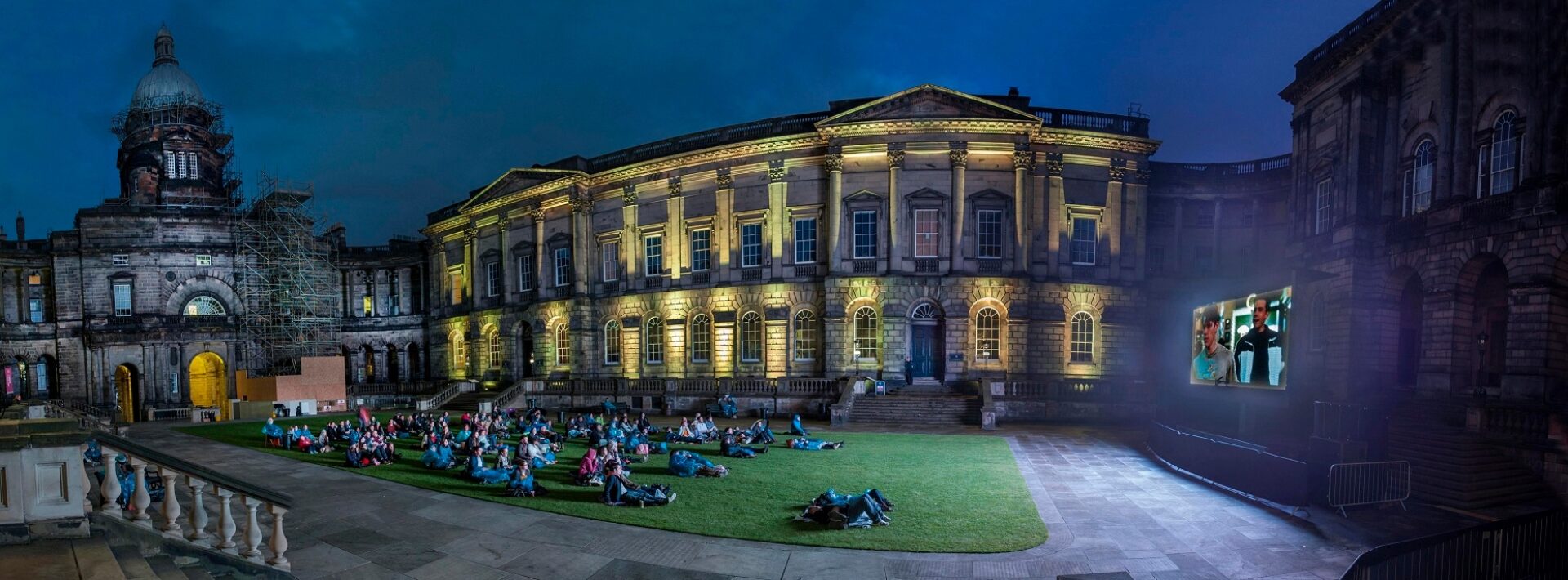Issue 12: Chaos
The age we’re living in is marked by uncertainty and relentless transformation: from wars, political turmoil and ecological collapse to rapid technological changes and digital overload. Under such circumstances, chaos has become not just an external condition, but an inner state, affecting our perception of ourselves, others, and reality. Numerous philosophers have commented on the ways that modern societal transformations have resulted in the isolation and atomization of individuals and the dynamics of distraction, burnout and spectacle that permeate contemporary life. Within mathematics and the sciences, too, chaos has been a critical theme across the previous century, both furthering and complicating our understanding of the universe.
If chaos is such a prevalent characteristic of this age, we can expect to find films embodying and responding to it. For this issue of The Film Dispatch, we’re inviting contributors to reflect on the nature of chaos and film. Contributions can consider a single film (via a review, personal essay, or analysis), connect multiple films, highlight the work of a particular director, actor, etc. or take a more theoretical / analytical approach to the film medium, as a whole. Submissions may consider any of the prompts below, but contributors are also welcome to approach the theme from a different angle.
-
How do films across genres confront and represent the current state of societal and global chaos? (Parasite, Beau is Afraid and Civil War all provide recent examples)
-
In what ways can films invite us to respond or move beyond the perceived chaos of the world?
-
How do films embody a broader sense of chaos, whether the disintegration of personal identity or the collapse of systems (such as the narrative chaos of Mulholland Drive, the psychological fracture of Charlie Kaufman’s films or the structural disorientation of Persona)?
-
Are there ways that films imagine chaos as not simply destructive, but also as a space for renewal and recreation?
-
How can cinematic techniques (cinematography, sound design, editing, etc.) be used to introduce chaos and break our sense of storytelling, order and perception in order to generate unexpected results?
Further Details on Submissions:
- All submissions should be sent via email to thefilmdispatch@gmail.com
-
The Deadline for Submission is 16 January, 2026.
-
We can only accept contributions from current University of Edinburgh students.
-
Feel free include screenshots/screengrabs within your work.
-
Please adhere to the APA 7th edition referencing style.
-
Pieces should be between 500 and 1500 words.
- Please submit written essays via Word file or Google Doc link.
- We would also accept video essays to be published on The Film Dispatch website.
